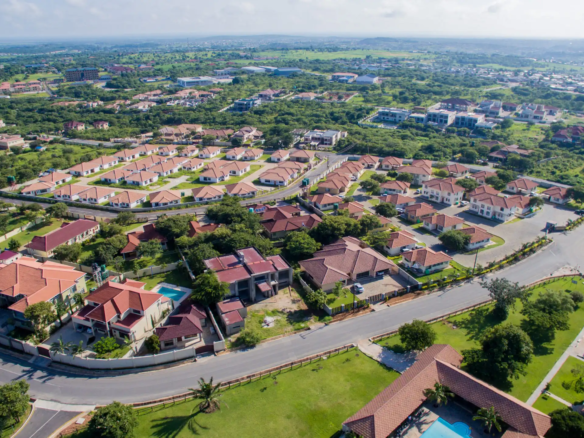5 Essential Tips for Buying Land in Zambia
Buying land in Zambia can be an exciting venture, whether you’re planning to build your dream home or investment property, or invest in agriculture. However, it’s important to approach this significant investment with careful planning and informed decisions. Here are five essential tips for buying land in Zambia to ensure a smooth and successful acquisition.
- Understand Zoning and Land Use Regulations
Before making any land purchase, it’s vital to understand the zoning and land use regulations in the area. These rules determine the types of developments permitted on the land – whether residential, commercial, agricultural, or mixed-use.
Key Points:
– Check Zoning Laws: Contact the local planning department to confirm the current zoning status of the land. This will help you know if your intended use is allowed.
– Potential for Changes: Zoning regulations can sometimes be changed if the local council or authority approves. However, this process can be lengthy and complicated so it is best avoided where possible. Knowing the zoning upfront can save you time and hassle.
Always verify the zoning regulations before purchasing land to ensure your plans align with local rules.
- Inspect the Land Thoroughly
A physical inspection of the land is crucial to avoid unforeseen challenges. Understanding the land’s topography and physical features can help you determine its suitability for your intended use.
Key Points:
– Check Topography: Look for any steep slopes, dambos (water-logged areas), flood-prone areas, or erosion risks. These features can significantly impact development feasibility and costs.
– Geotechnical Survey: For commercial developments, a geotechnical survey may be recommended to provide detailed information about the soil and land stability.
Physically visit the proposed land yourself or hire a trusted representative to inspect it on your behalf if a physical visit is not possible and consider a geotechnical survey if planning a major development.
- Ensure Access to Utilities and Infrastructure
Access to essential utilities and infrastructure is a critical factor in land development. Make sure the land has or will have access to necessary services.
Key Points:
– Utilities: Confirm the availability of water supply, electricity, sewage systems, and communication networks. Check if these utilities are currently available or if there are approved plans in the pipeline from local authorities.
– Infrastructure: Assess the accessibility of the land via road networks and proximity to existing developments.
Contact local utility providers to understand the current state and future plans for infrastructure development. Evaluate the costs and feasibility of bringing utilities to the land. Neighbouring developments can also influence the timeline for when these utilities may become available. Additionally, it’s important to assess the potential cost and feasibility of bringing these utilities to the property, as well as any legal implications or regulations that need to be considered. For water supply, obtaining a borehole permit from the Water Resources Management Authority (WARMA) and conducting a water survey to determine groundwater availability is necessary. In the case of electricity, proximity to the ZESCO power grid should be considered to avoid the high costs associated with bringing power lines to the property. Alternatively, exploring off-grid power systems may be feasible.
- Verify Ownership Records and Legal Issues
Legal clarity is paramount when buying land. Ensuring the legitimacy of ownership and understanding any legal encumbrances will protect you from future disputes.
Key Points:
– Ownership Verification: Verify the legal ownership through the Ministry of Lands registry for titled land or through traditional leadership (Headmen/Headwomen) for customary land.
– Check for Encumbrances: Ensure there are no outstanding liens, disputes, or easements that could affect your use of the land.
– Boundary Identification: Clearly identify property boundaries to avoid future conflicts with neighbours.
Conduct a thorough title search and consult with a property practitioner to clarify any legal issues.
- Consider Environmental Concerns and Restrictions
Environmental factors can impact the usability and the value of the land. Addressing these concerns upfront is essential.
Key Points:
– Environmental Restrictions: Check for any environmental restrictions, such as protected wildlife habitats or forest reserves, wetlands and water recharge zones, or contamination from previous uses.
– Soil Analysis: For agricultural or commercial use, a soil analysis can determine the suitability of the land and is highly recommended.
Consult with the Zambia Environmental Management Agency (ZEMA) for environmental issues and regulations.
When buying land in Zambia, there are several critical steps to ensure a successful and hassle-free acquisition. By following these essential tips and leveraging the expertise of BCA Properties, your journey to finding the ideal land in Zambia will be smooth and successful. If you’re ready to find that perfect piece of land in Zambia, start your search with us. Fill out this short form, and we will get in touch with you: https://bcaproperties.com/buying-property/




